Timeline of ArtAncient World
Ancient World
The invention of writing to the fall of Rome
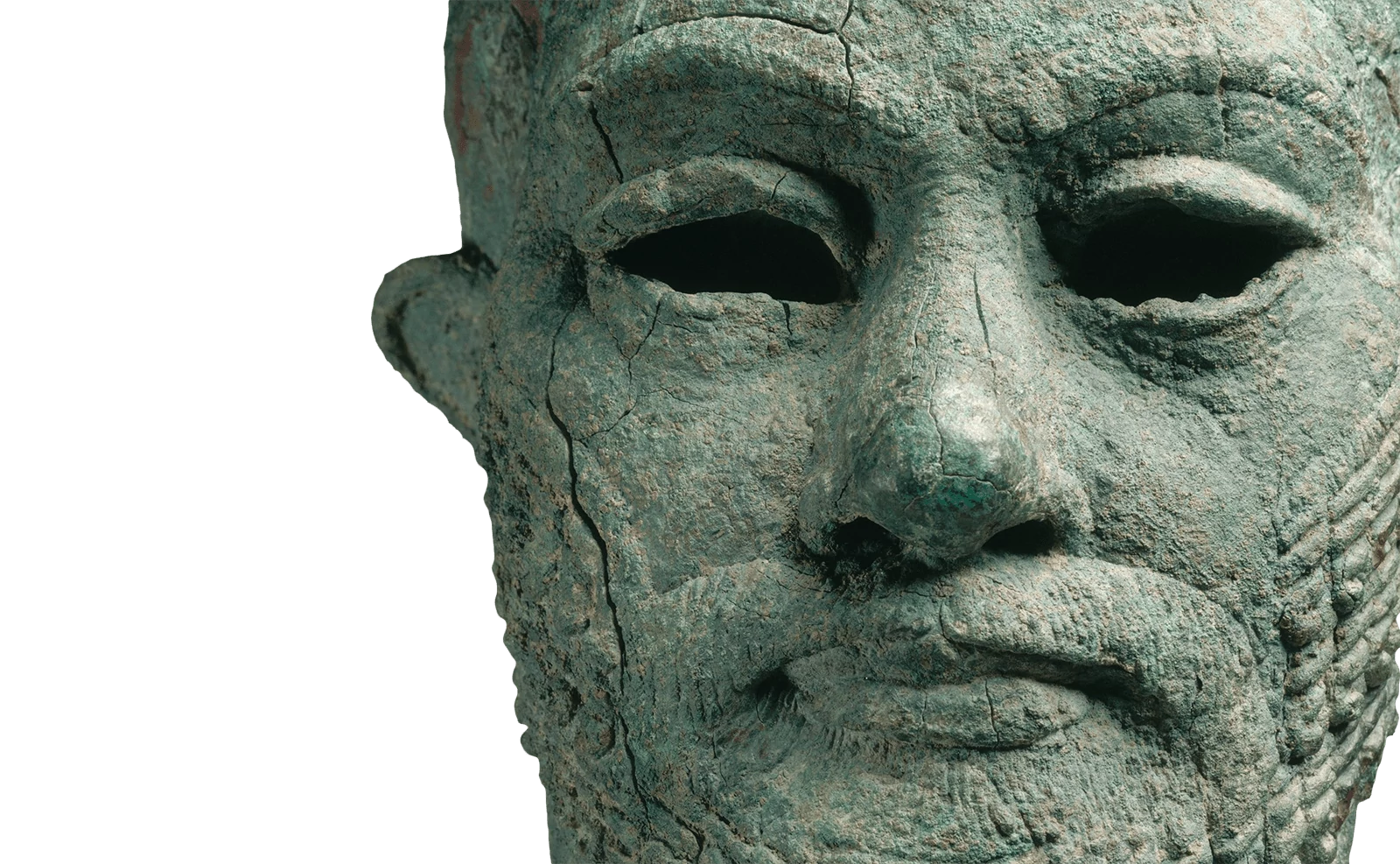

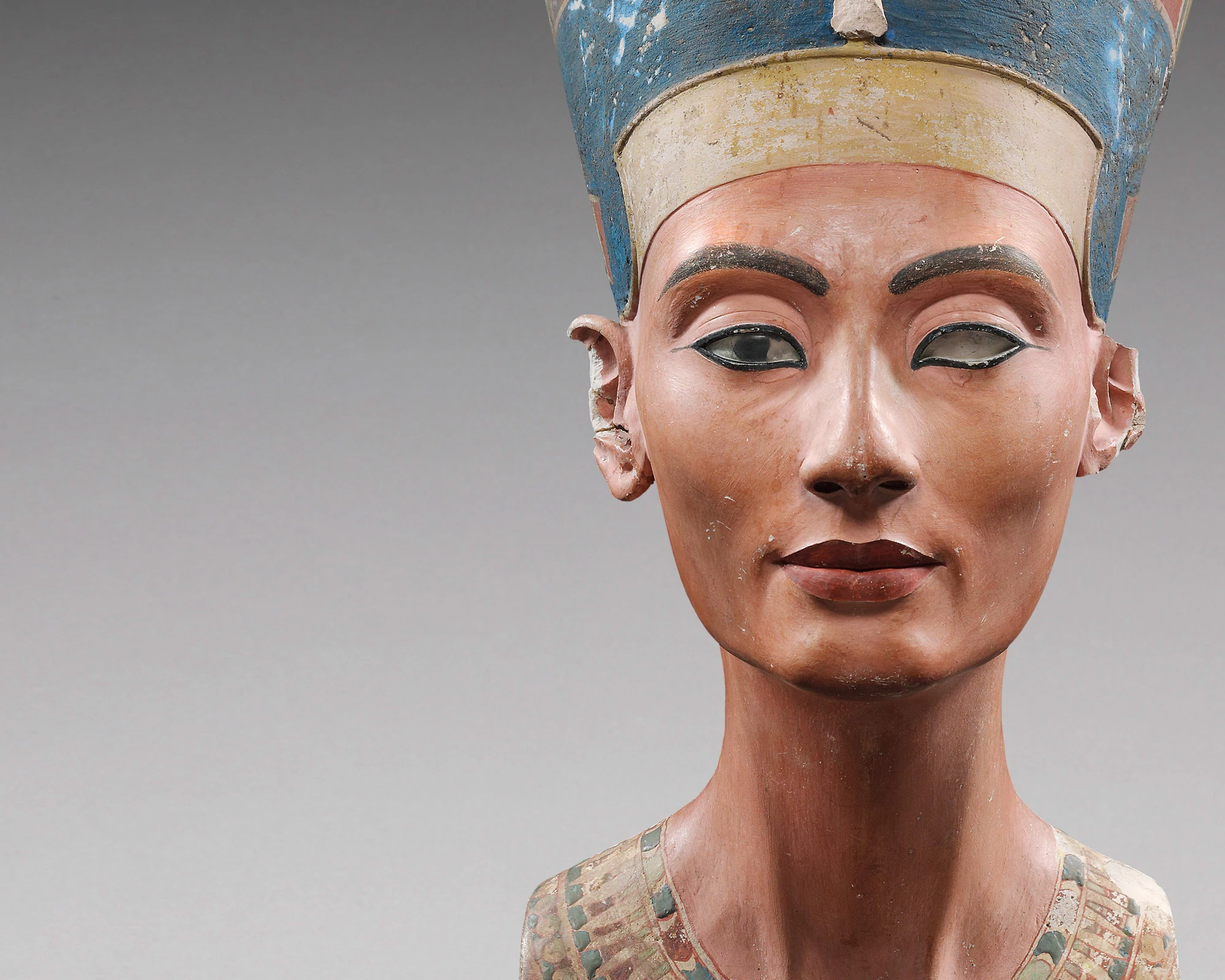
Super power of all super powers.
4000 – 30BCE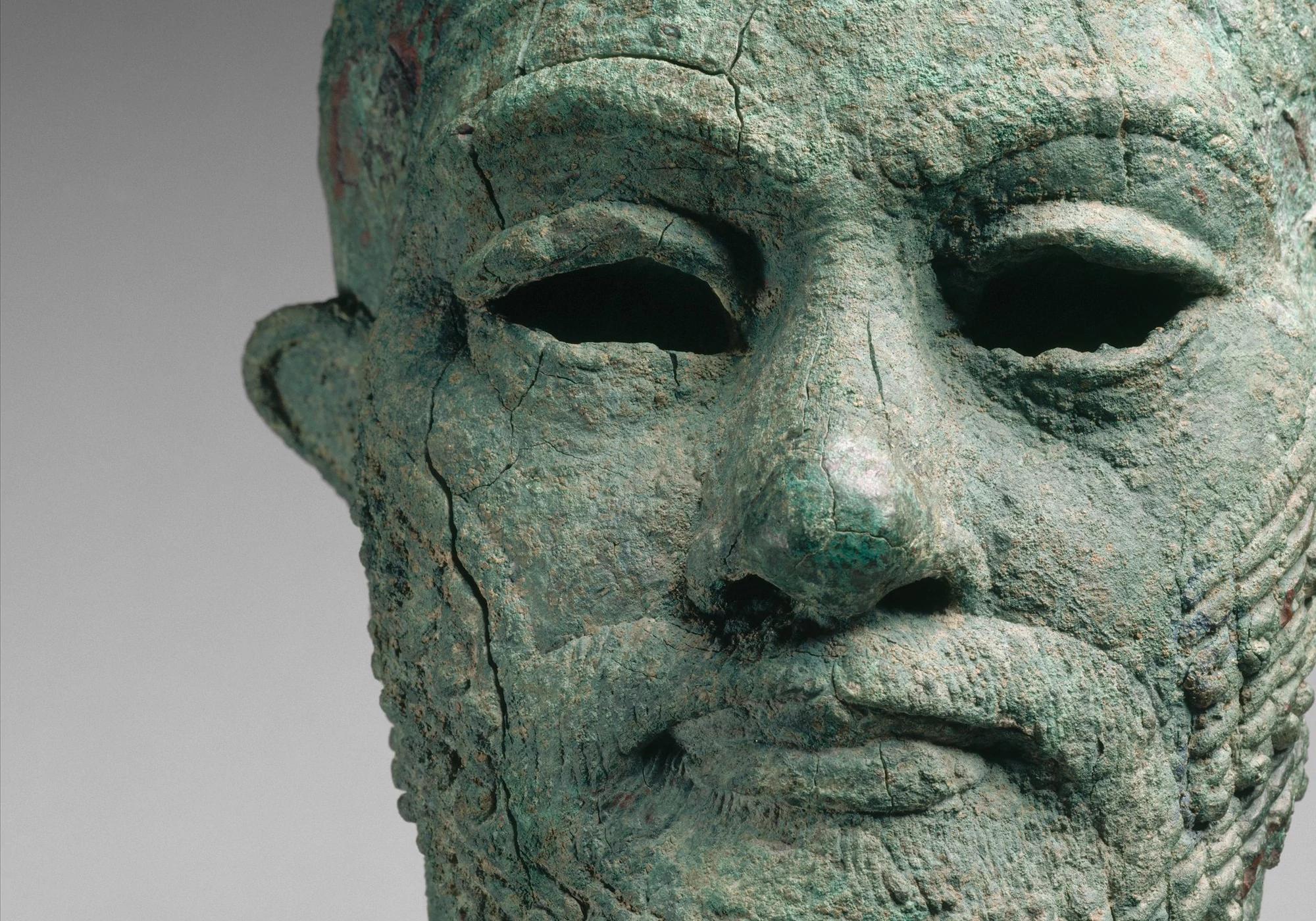
Poetry, war, and the invention of law
3500 – 1000BCE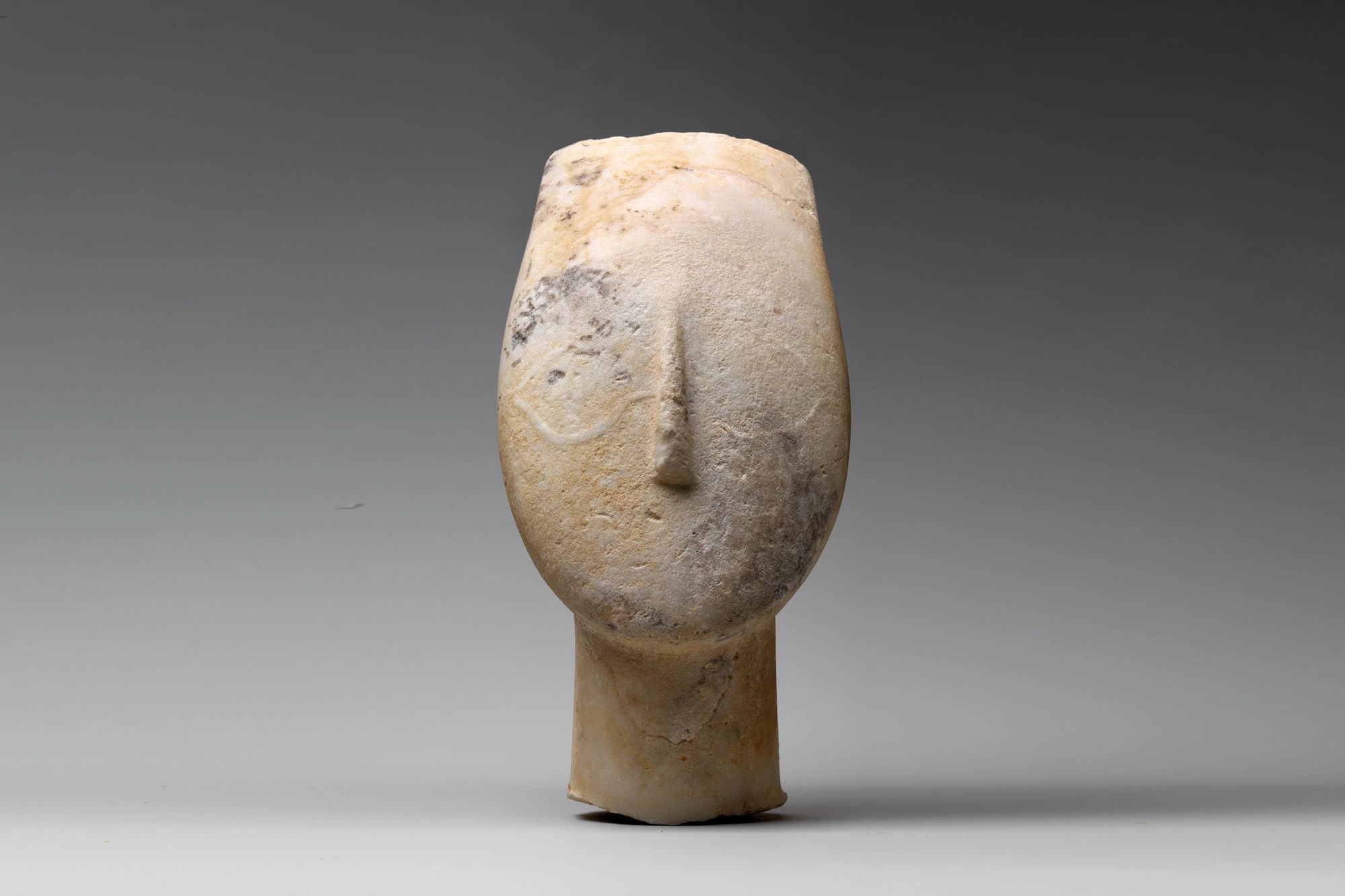
The lost faces of the ancient world
3000 – 1200BCE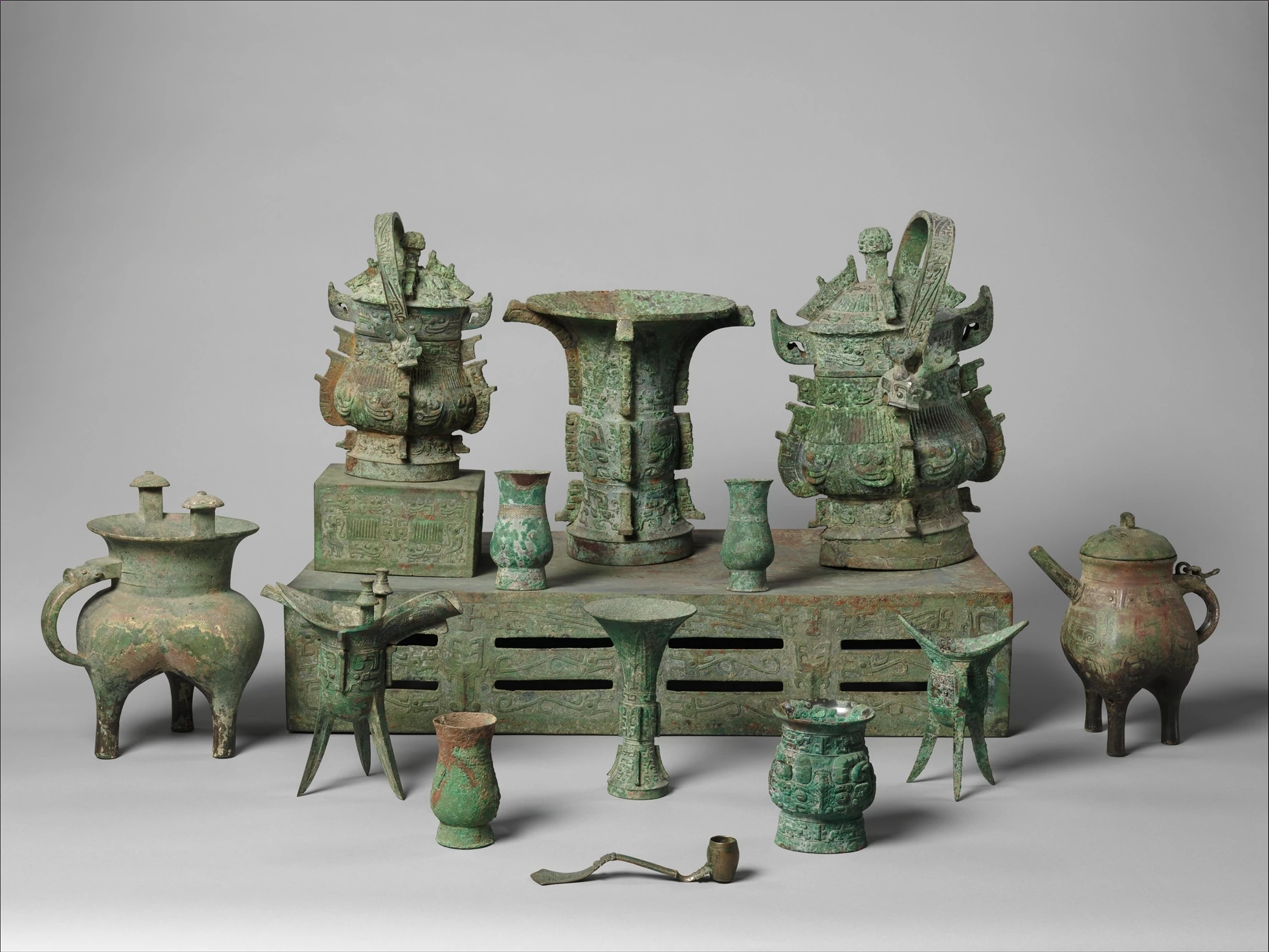
Three dynasties birth Chinese art and philosophy.
2070 – 256BCE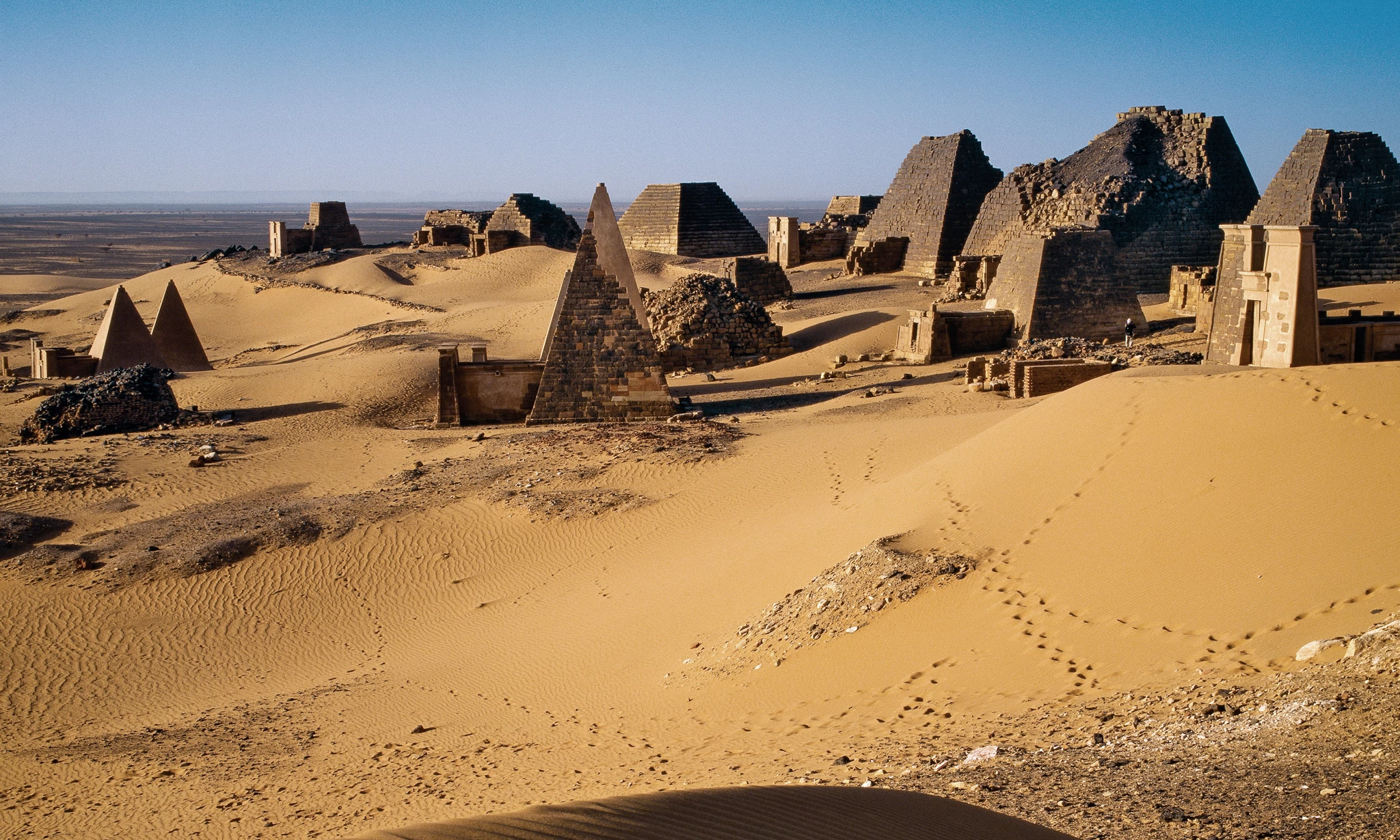
A Nubian Empire rivals Egypt for 1000 years
2000BCE – 400CE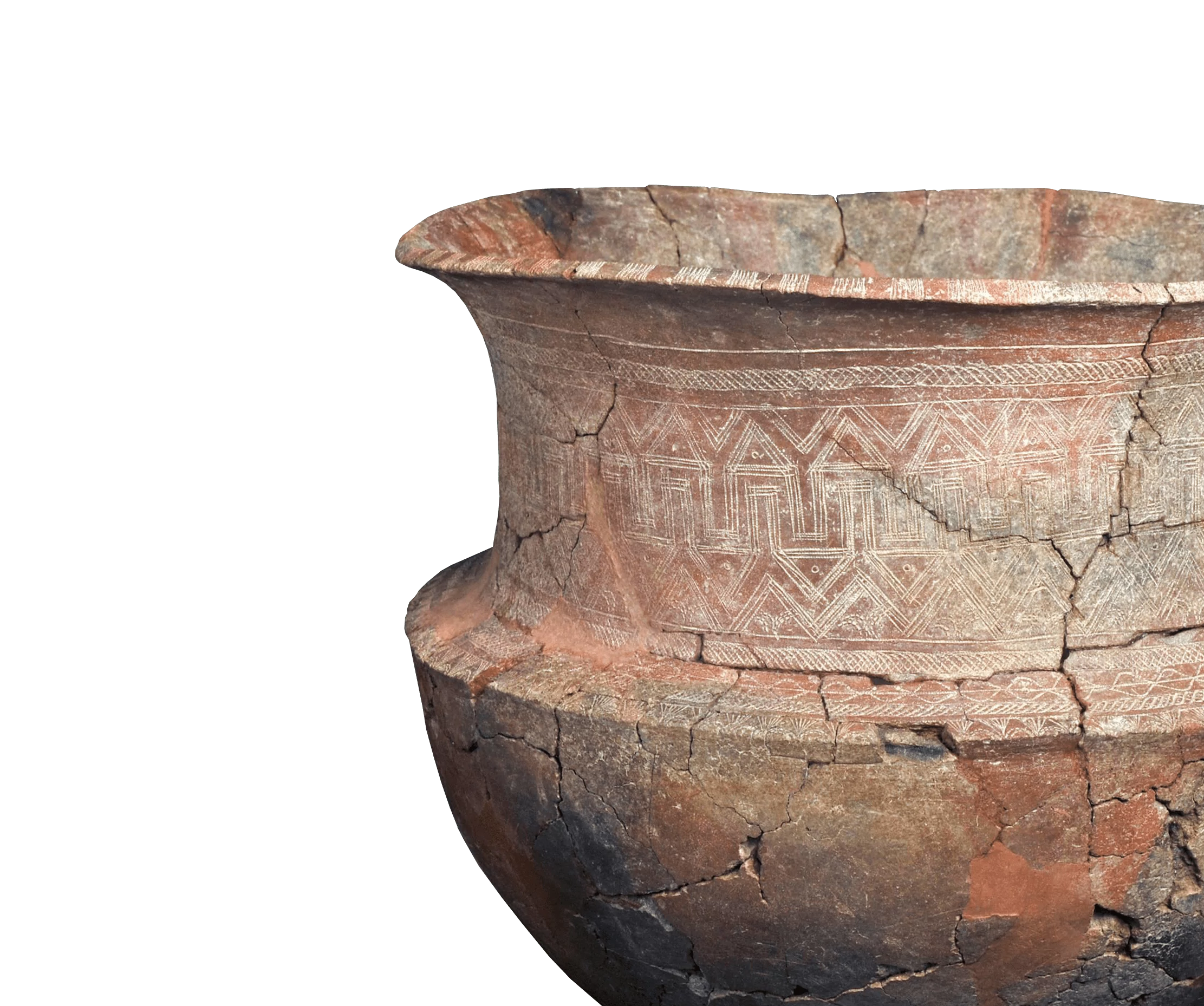
History's greatest navigators, and the beautiful vessels they left behind
1500BCE – 600CE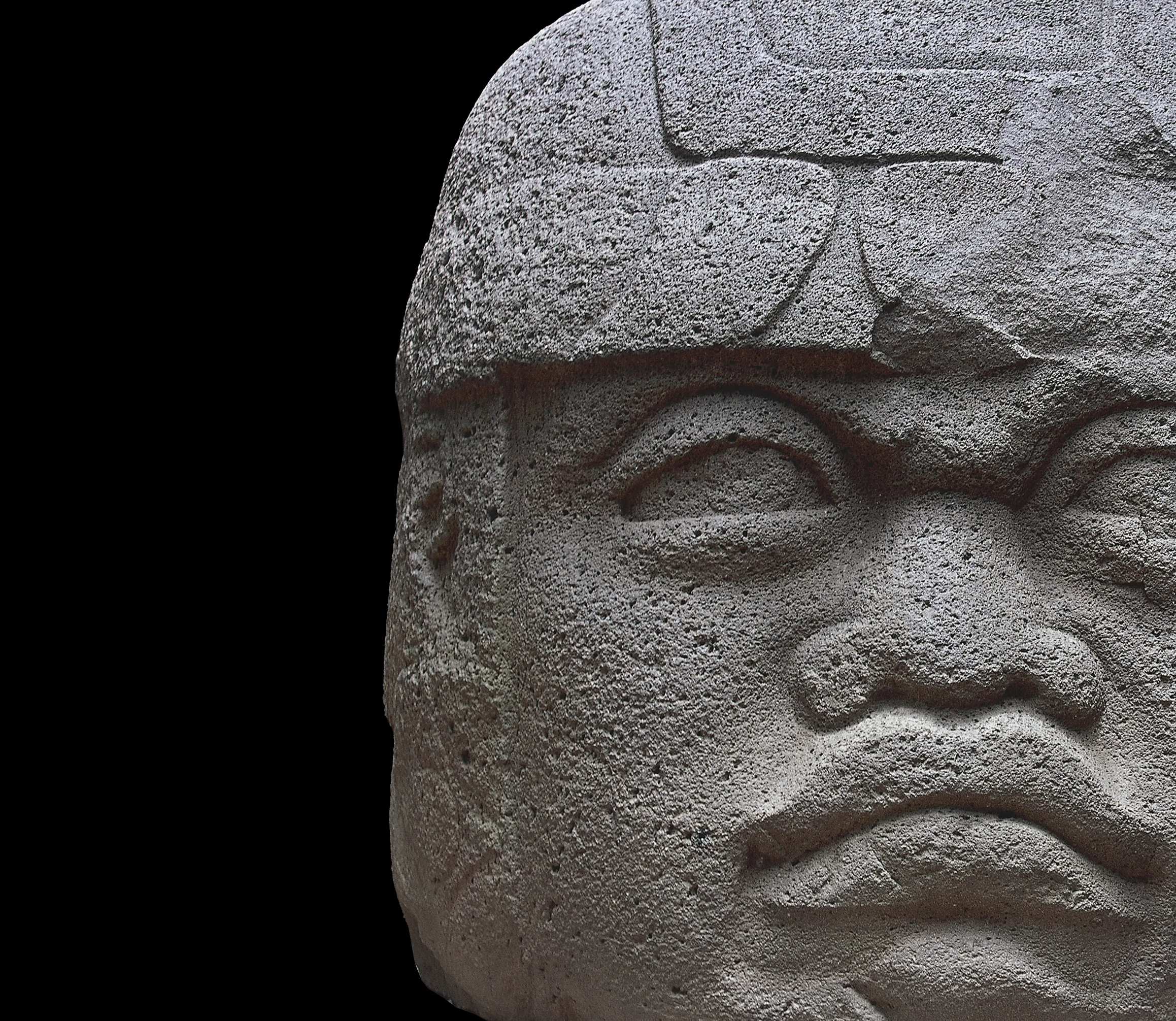
The pouting ancestors of Mesoamerica
1400 – 400BCE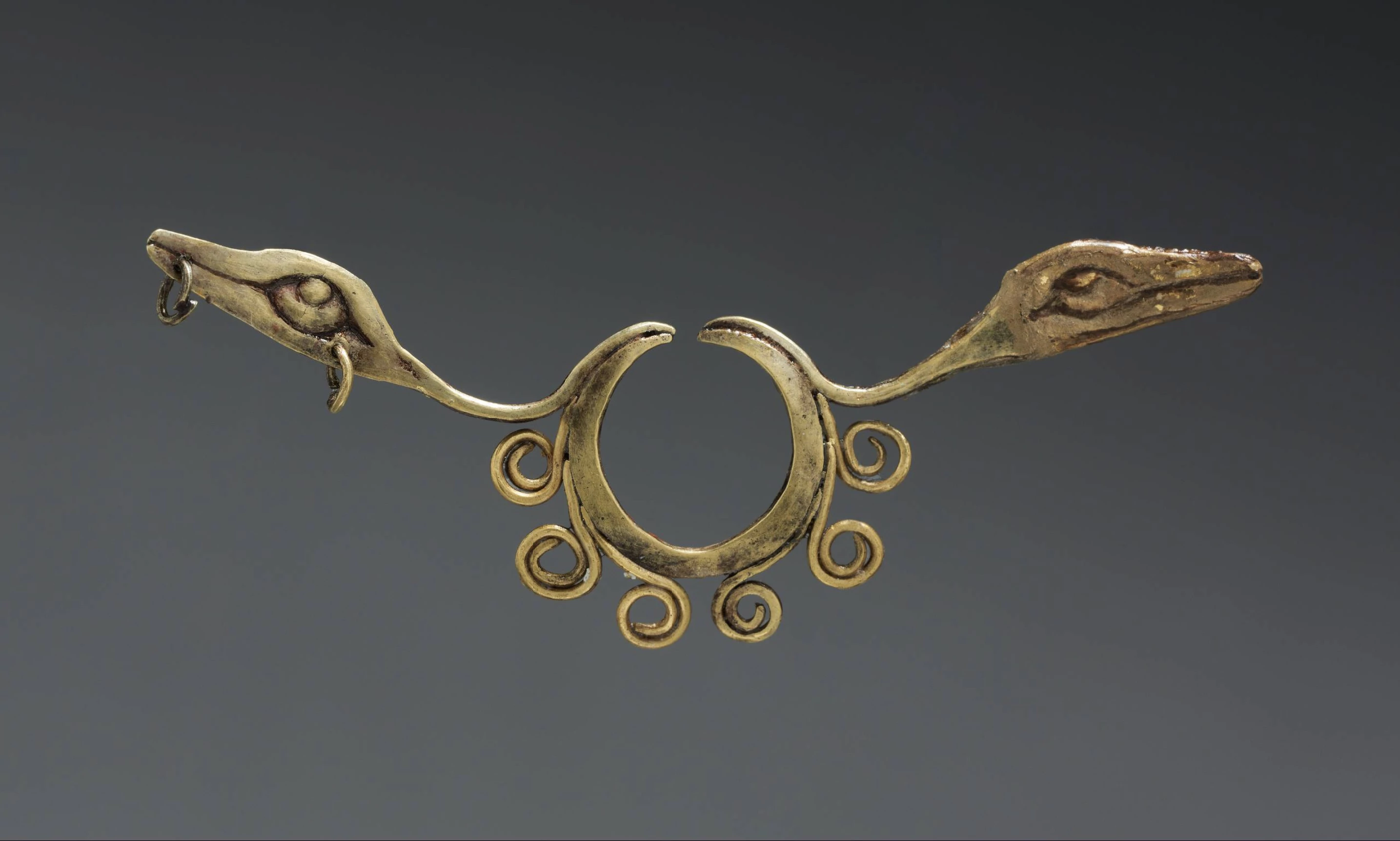
Sacred illusion and mythical beasts
1200 – 500BCE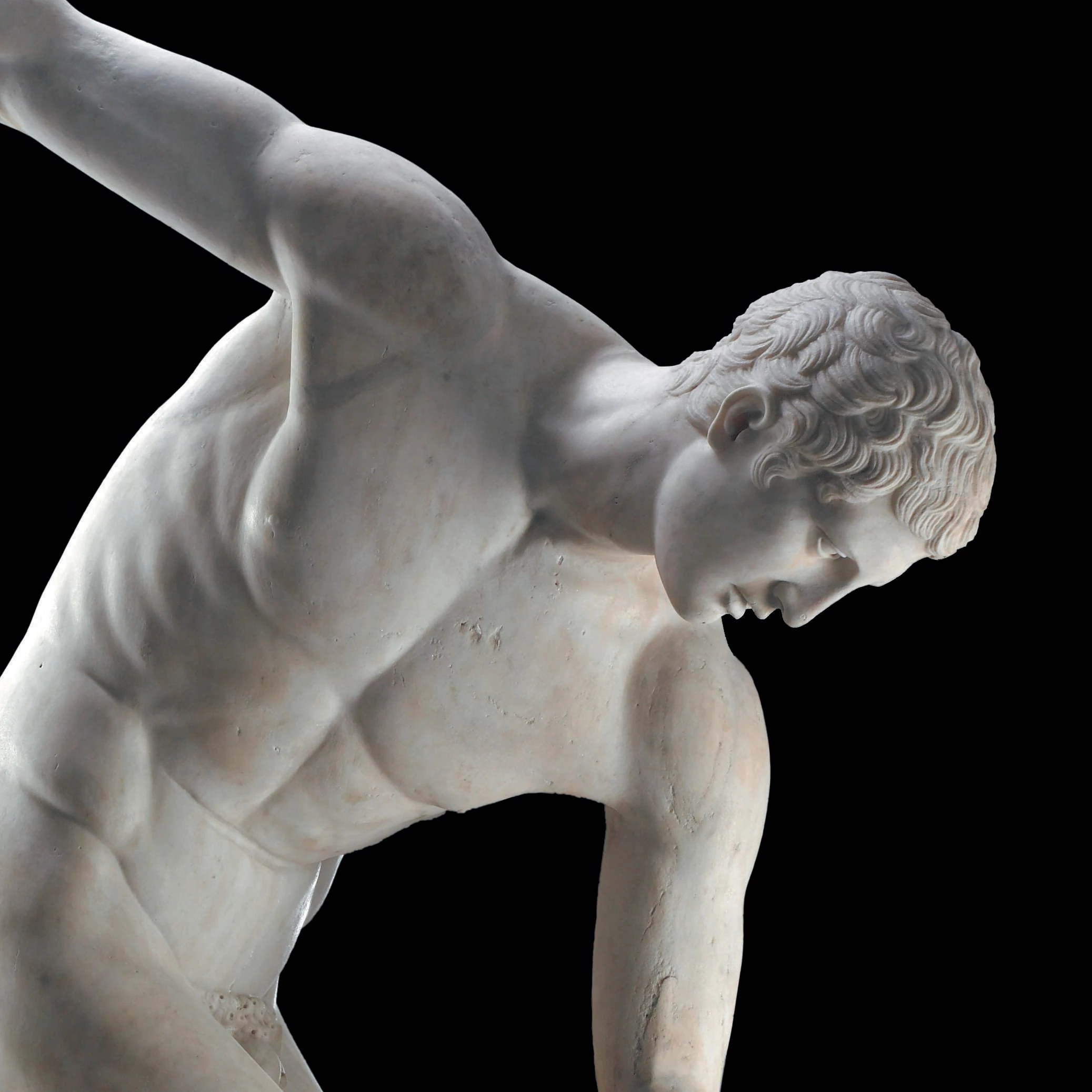
Know Thyself
800 – 31BCE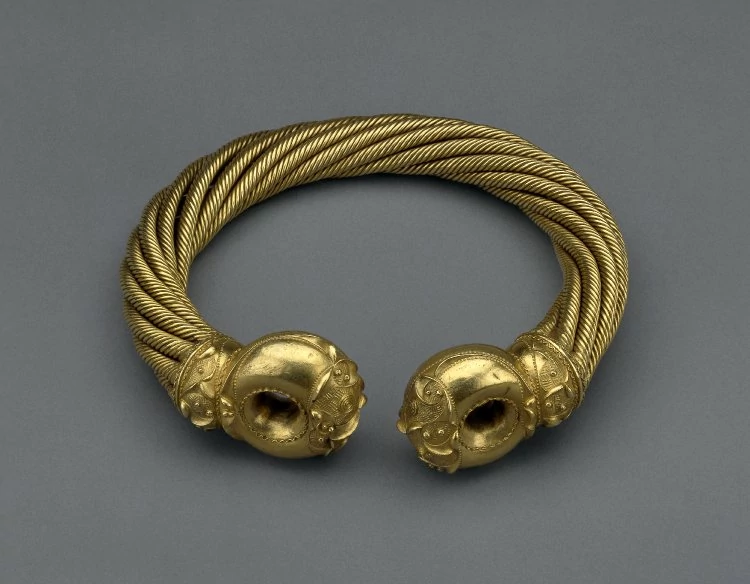
Death & Gold
800BCE – 43CE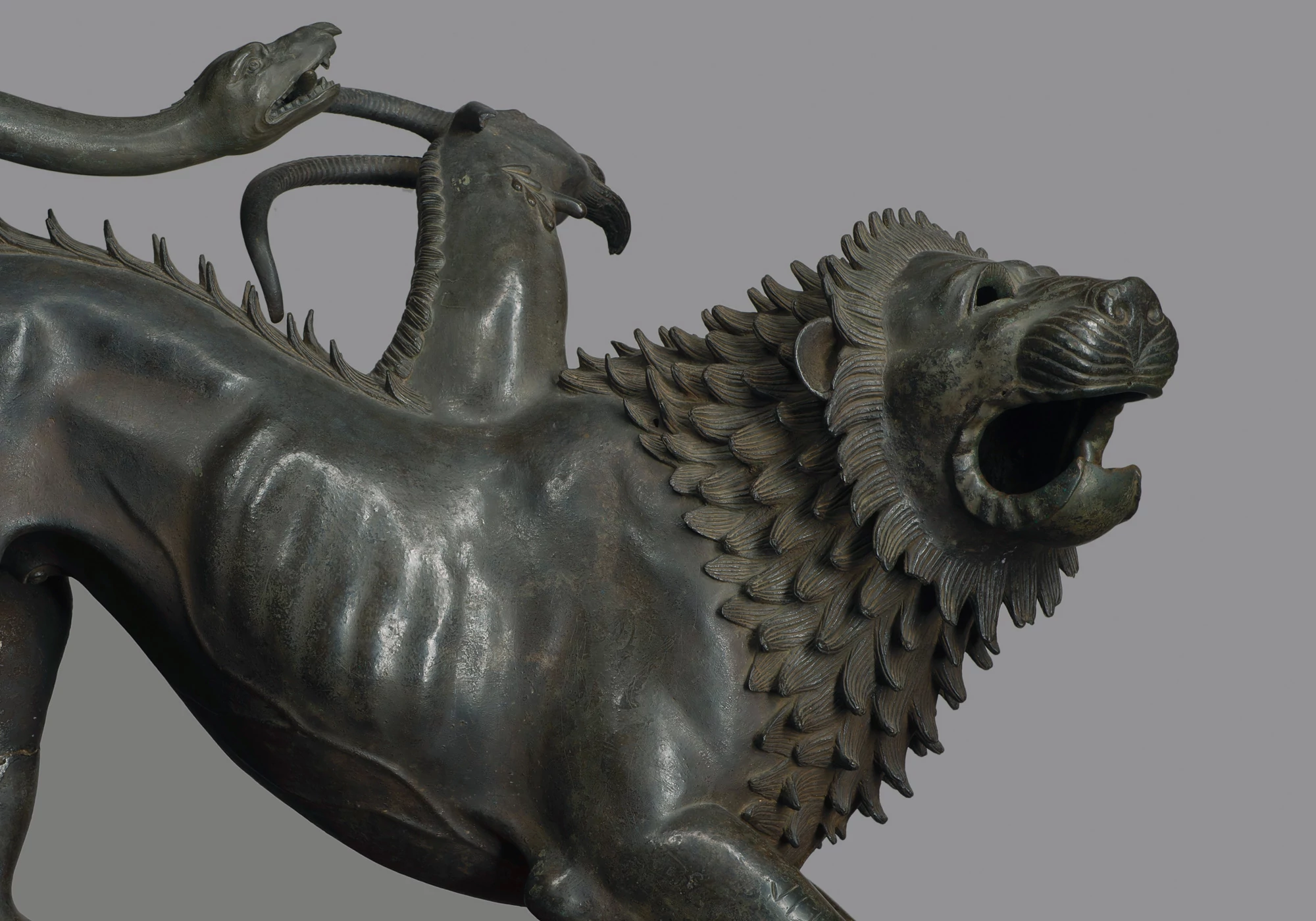
A mysteriously happy people at the fringes of the classical world
768 – 100BCE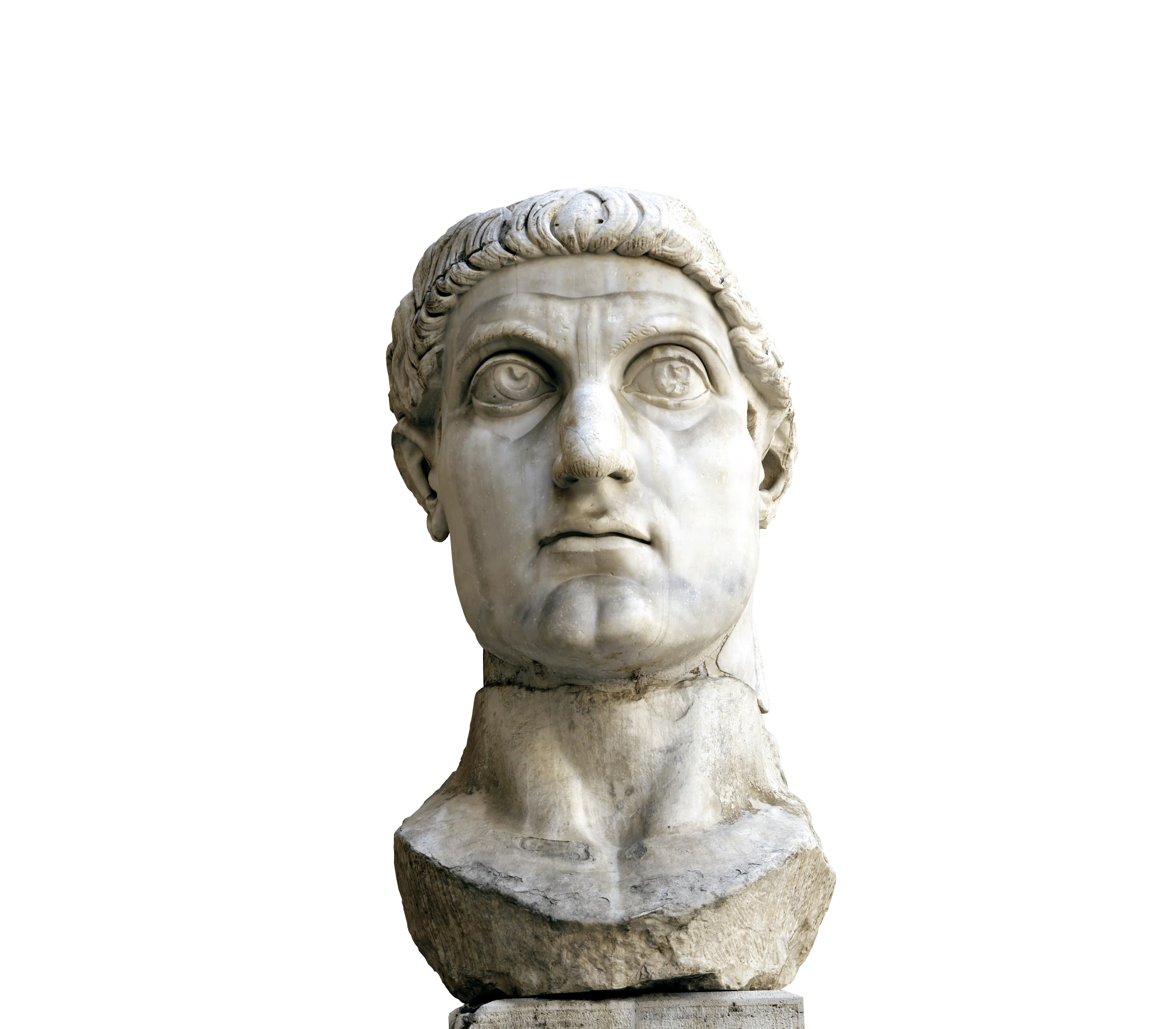
The roads make the empire
753BCE – 530CE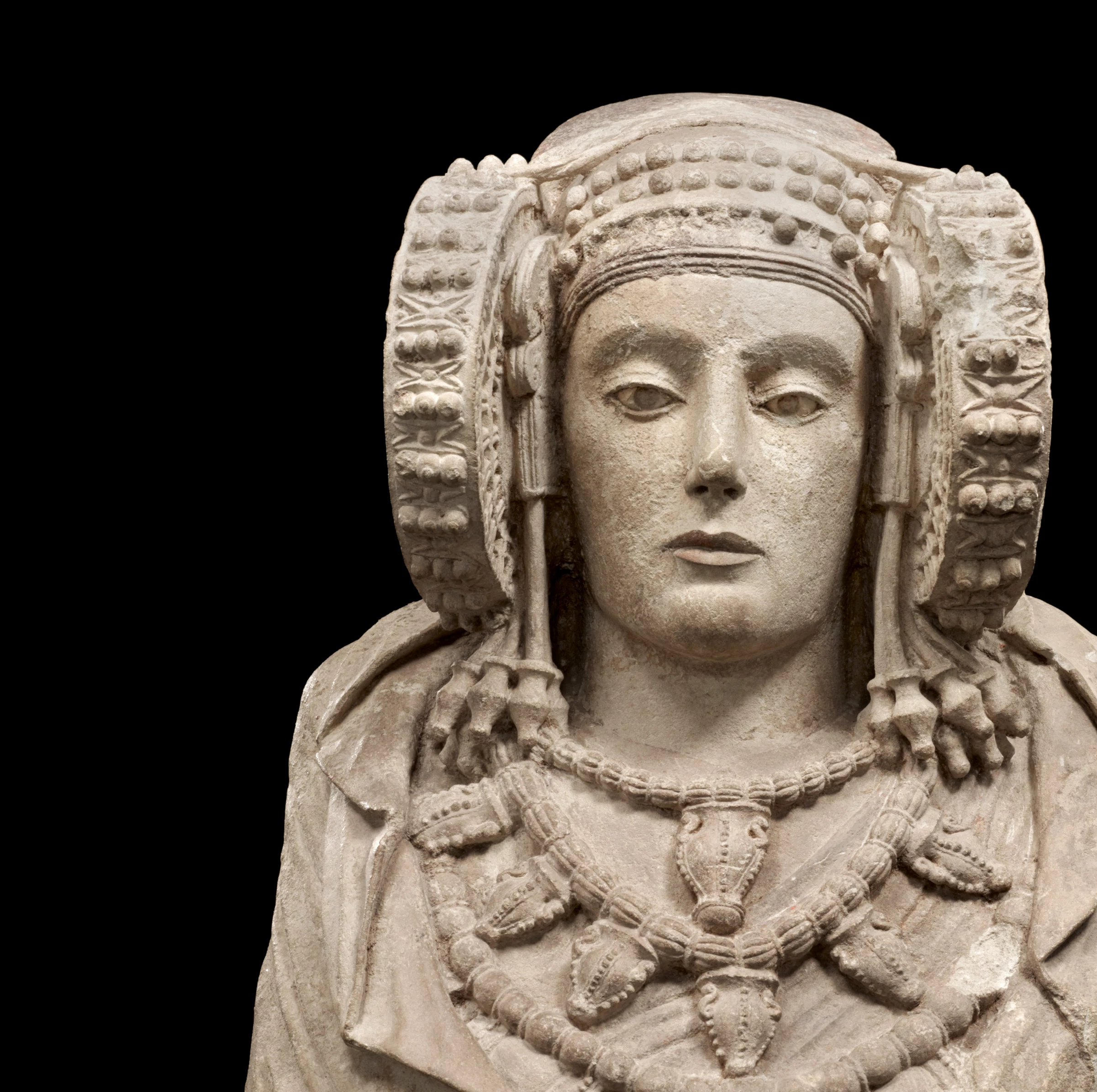
Human-animal hybrids in the melting pot of ancient cultures
600BCE – 500CE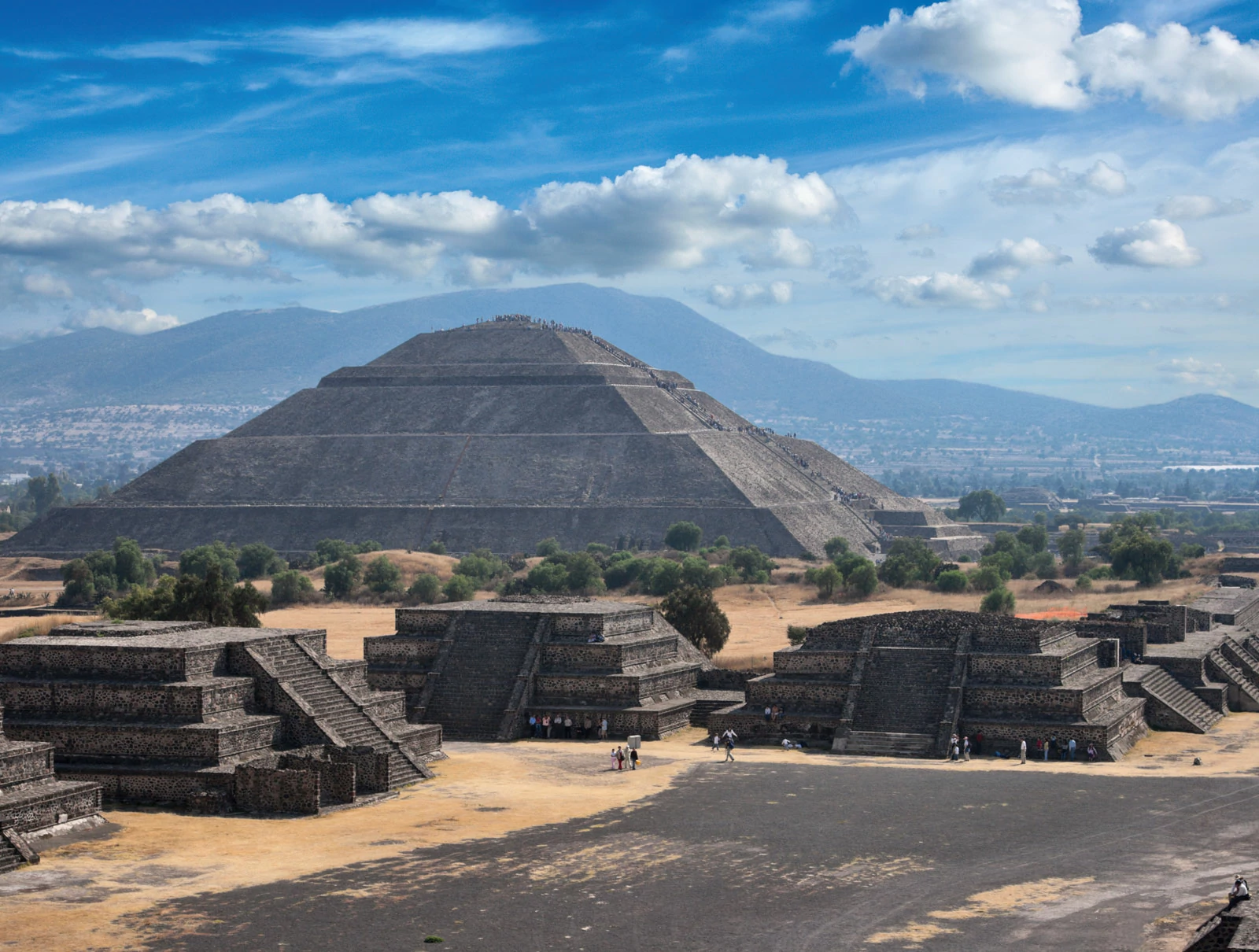
City of Water & Fire
400BCE – 600CE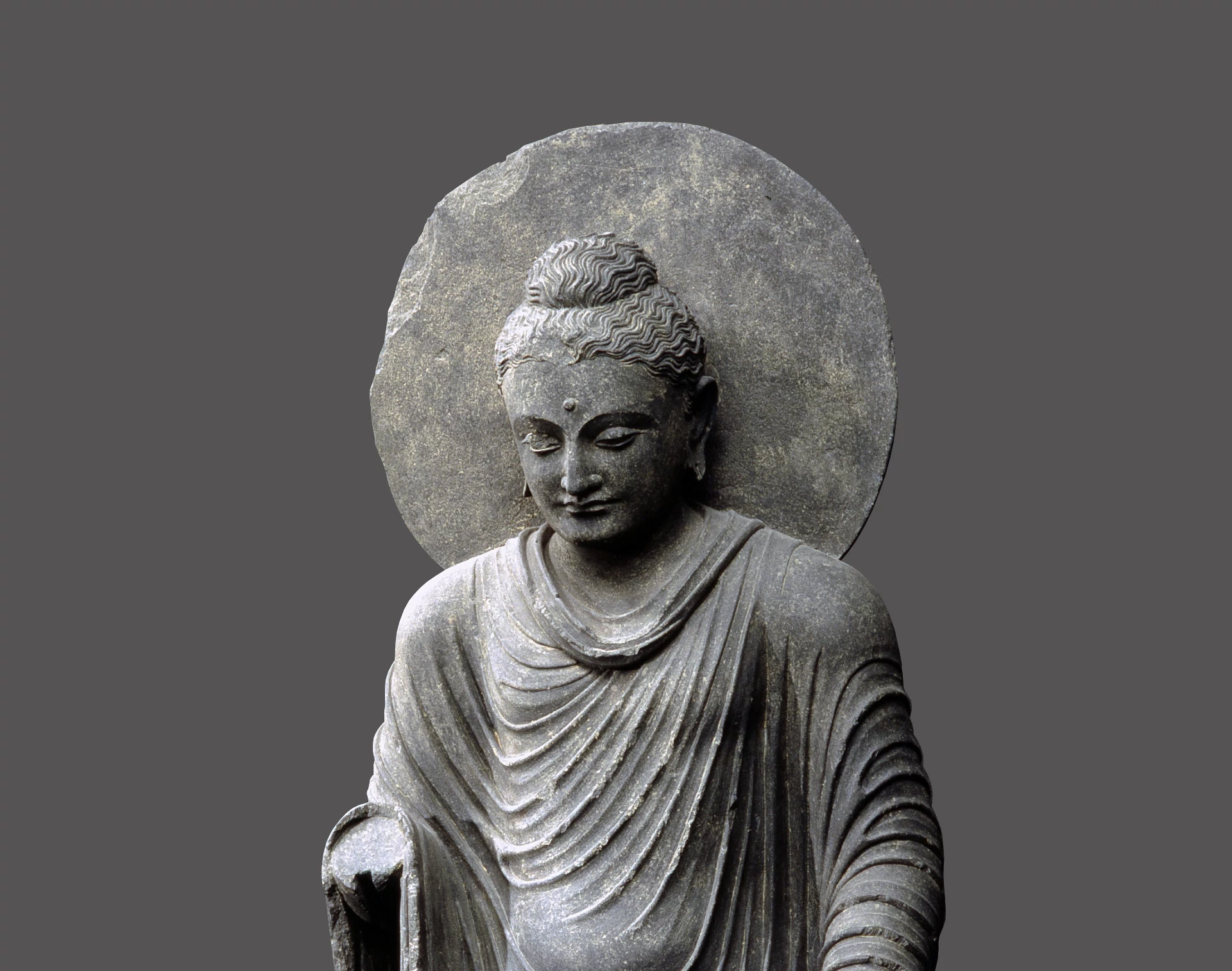
The largest economy in the world for 1500 years
230BCE – 550CE